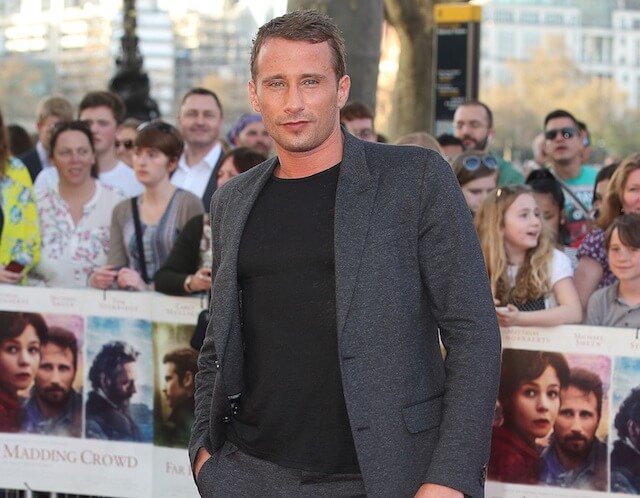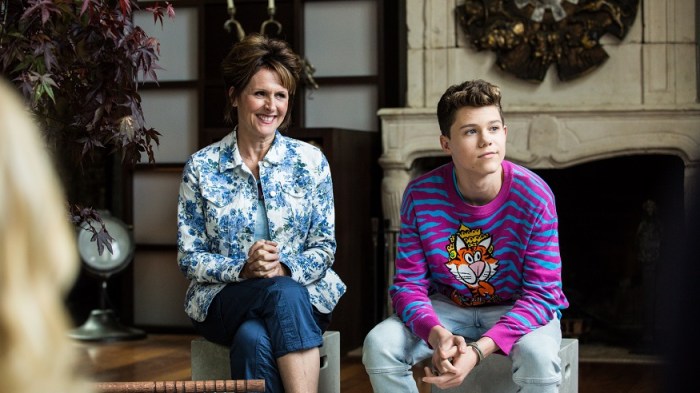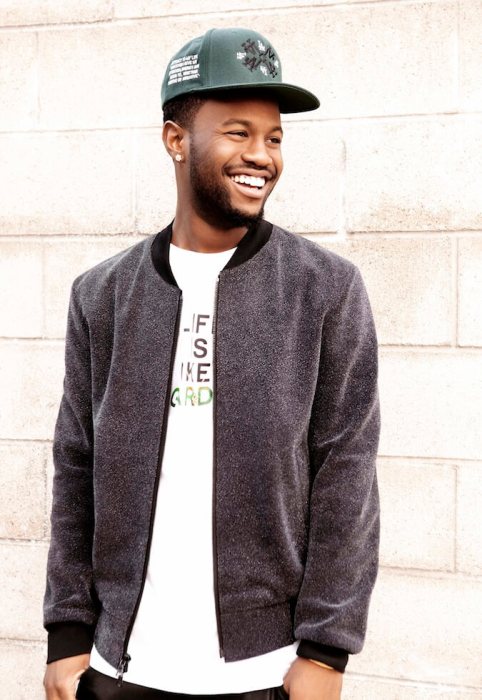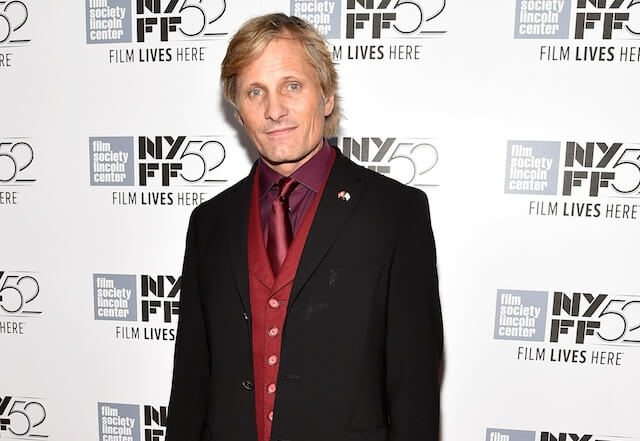English lit costume dramas tend to be homegrown affairs, forcing the nation’s toniest thespians to declaim while dressed in stifling duds. The Belgian actor Matthias Schoenaerts (“Rust and Bone”) is on record as loving spontaneity — something that doesn’t go with tight pants and forced dancing. Luckily the new “Far from the Madding Crowd” largely take place outside and deals with complicated emotions. He plays Gabriel, arguably the most lucky suitor of Carey Mulligan’s Bathsheba Everdene, Thomas Hardy’s fiercely independent protagonist. Gabriel is a little more accessible to audiences than some of the characters you’ve played, like Alain in “Rust and Bone.” But he can still be remote and doesn’t often put his thoughts into words. Normally I like very ambiguous characters who have a lot of contradictions and a lot of contrasts. And here is this guy who’s good, but in the purest sense of the word. He’s selfless, he’s loyal, he’s truthful, he’s righteous. It’s so rare, and these qualities are so admirable. At the same time that’s an extreme challenge, this kind of goodness is a challenge. One-dimensional goodness is not interesting. But this kind of goodness, so layered and so emotionally charged — that is something to go on as an actor. This kind of character is very interesting for an audience. If you’re honest with yourself and you mirror yourself to Gabriel, you might run into interesting realizations. I have. Gabriel confronted me with a lot of things, in a good way. I learned a lot from him. He has this adaptability and sustainability that’s pretty disarming. He loses his farm and is able to move on; his marriage proposal to Bathsheba is shot down, and he still stays in her employ. He’s someone who endures. And even after the reversal of fortune, this guy, he never falls back into complaining, self-pity. He loves this person, even though she hurt him real bad. She broke his heart into pieces. He’ll still be the most loyal friend you can imagine, and give you very honest advice about what you should do. That honesty can be pretty disturbing; that’s why at numerous times she fires him from the farm, because he’s way too honest. But he’s never trying to hurt her. He’s trying to tell her what is right, and she just can’t take it. He’s never saying, “You need to be with me.”
Never! Never! He’s not even implying it. That’s his utter selflessness. I found that incredibly touching. How can you make that believable, because — it’s sad, but it’s part of our human condition —people always directly or indirectly act selfishly, to some extent. Even in our altruism, we do it because subconsciously or consciously we expect something in return. This character is not about that. That’s the challenge. How do you make that believable? You’ve spoken in the past about loving that spontaneity that happens, especially between actors, when the camera is rolling. The actor-heavy way this was made would suggest this was key for that approach. I never believe there’s one right way to do a scene. That implies a judgment, and a judgment is always colored by an individual. What’s interesting is to find many ways to make a scene feel true or fake. In preparation you consider all these ideas, then when you’re on set you just have to stay open and find a way to create a scene so that it feels true. There’s no such thing as right or wrong; there is a thing called true or fake. That I believe in; that is something I can work with. Because right or wrong — that’s an intellectual concept that doesn’t fit with what I think art should be about. What’s true and what’s fake can always be in flux.
Totally. That’s why you have to keep it moving and surrender to the moment. And don’t be afraid to be bad. If it’s bad you do it again. You have to be playful, like a kid. When they plays cowboys and Indians, they don’t think about what their character would do. They’re dead serious about playing, but they play. That’s what acting should be. Are the takes you do often different?
Not always. Sometimes I get stuck in what I think is right.
Do you find acting in other countries and cultures changes up your approach at all?
Working with so many people just keeps the excitement up. I remember when I was shooting in Belgium. We have two communities: a French-speaking and a Flemish-speaking community. The two don’t speak the other’s language. [Ed. He’s from the Flemish side.] It’s such a small circle that before you know it you end up working over and over again with the same people. Even though they’re very talented people, I got bored. You run into the same thoughts, the same jokes — everything becomes the same. Before you know it you fall back into this zone of comfort. That just didn’t do it for me. I need to move more. I need to be scared more. I need to be challenged more. I need to believe I can’t do it. Acting is among the most nomadic of professions.
I love that. I feel like a gypsy, being constantly de-rooted. Sometimes you have to re-root. That’s important because if you feel de-rooted you might start floating and then lose all sense of consistency. Sometimes you really need to find a way to come back. Follow Matt Prigge on Twitter @mattprigge
Interview: Matthias Schoenaerts says ‘one-dimensional goodness is not interesting’

Getty Images


















